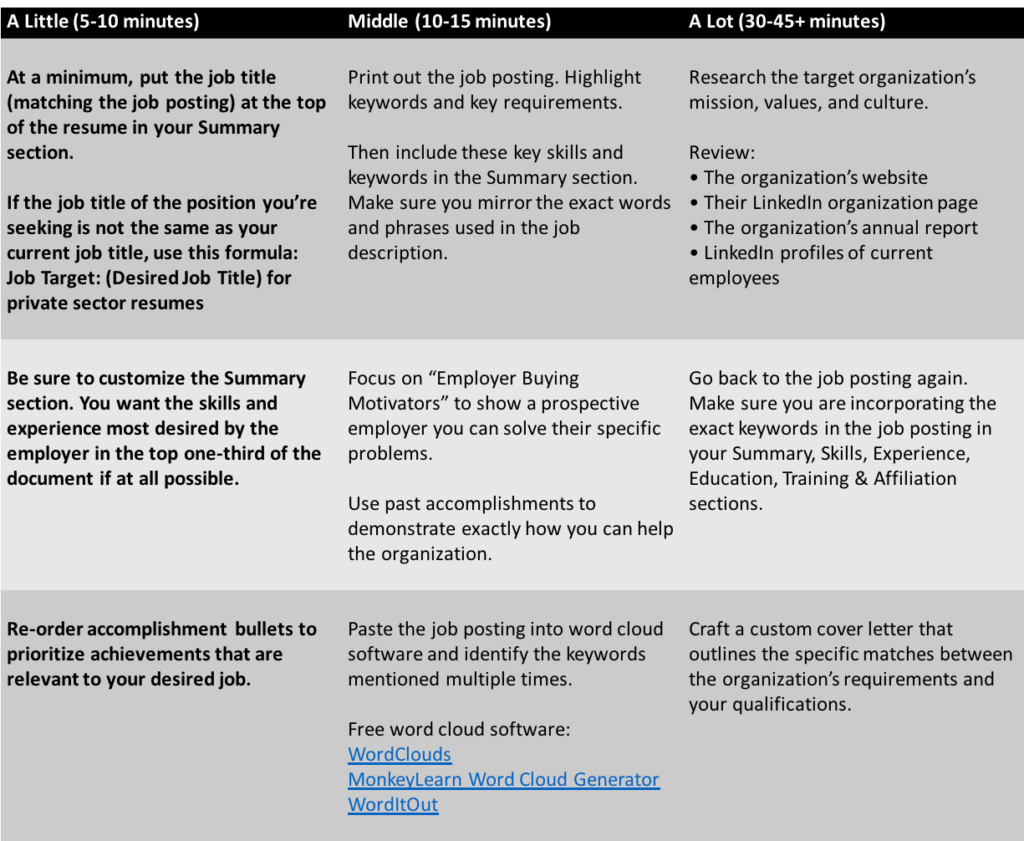It is not unusual for me to get a call from recently selected Senior Executive Service (SES) candidates asking for help with their Executive Core Qualifications (ECQs). They have been told by their selecting agency that their ECQs need work before submission to the Office of Personnel Management (OPM).
When I read their ECQs, candidates are often surprised to hear that their ECQs need a complete overhaul before submission. How, they want to know, could they have been selected if their ECQs need as much work as I say?
Here are my thoughts:
- If you applied internally, your agency likely already knows you.
- The agency focused more on your Technical Qualifications (also known as Mandatory Technical Qualifications or Professional Technical Qualifications) than on your ECQs.
- Your ECQ stories are more agency- or technically-focused and “inside baseball” so they were relatable to agency readers who were not really thinking about OPM requirements.
- Agency reviewers were not focused on OPM requirements.
It is important to remember that your audience for your ECQs is not people who know you are or likely to be wowed by your technical brilliance. Instead, OPM reviewers, known as a Qualifications Review Board (QRB), are looking for specific examples of your leadership experience as expressed through your 10 ECQ stories. Those stories need to meet specific criteria and be told in a certain way.
As you work on your ECQs, be sure to review OPM guidance for ECQ writing. Make sure that your ECQs are written using the Challenge-Context, Actions-Results (CCAR) framework, reflect the key competencies from each ECQ, include stories from the past 10 years, and clearly demonstrate your executive (not managerial) experience.
Getting selected for an SES position is great—congratulations! Understand, however, that getting selected does not guarantee that your ECQs will pass a QRB. Make sure that you put your best ECQs forward so that you are certified by a QRB the first time.
For more information check out our SES Playlist on YouTube or learn more about our SES & ECQs services.





